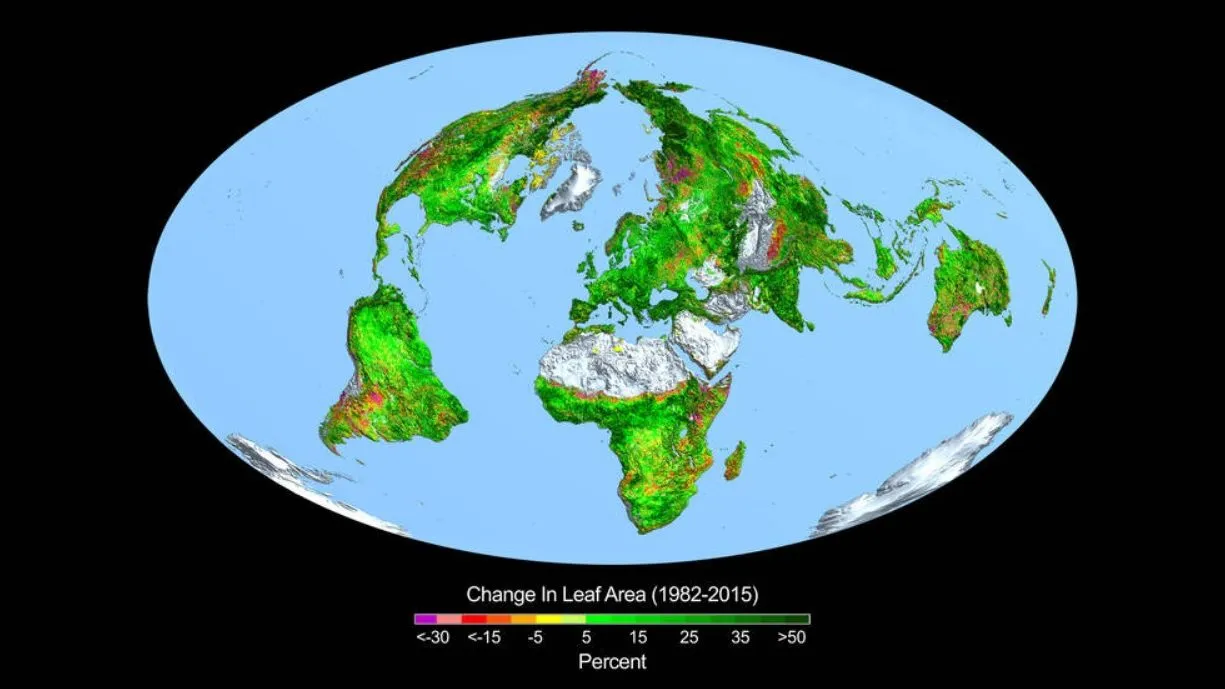Table of Contents
If you were to believe the media and green alarmists (which are the same thing, really), you would be convinced that not only is an existential climate apocalypse looming, but that there is a worldwide mass movement demanding urgent and drastic action.
Quite simply, neither is the least bit true.
This month was supposed to be the one in which a global push for higher ambition on climate change took flight […] despite this, momentum behind real action by government has been steadily drained away.
Politicians might lend lip-service to the shouty green zealots, but they know what voters really think. Climate change alarmism is electoral poison. Just ask Australian Labor.
Few world leaders are lining up to deliver what UN Secretary-General Antonio Guterres had in mind when he called them together for a New York conference to boost ambition. The New York meeting, scheduled for September 23, was conceived as a show of global defiance at US President Donald Trump’s decision to ditch the Paris Agreement.
Rather than a competition for more robust action, as was intended, the New York agenda looks deflated.
Key world leaders, including Chinese President Xi Jinping, will not be attending.
This is perhaps the most devastating embarrassment for the climate change church since “Climategate” in 2009. Word to the wise: if even a massive, taxpayer-funded beano in New York can’t rustle up the usual troughers, your cause is screwed.
Even the green virtue-signallers of Europe are arking up, as the cost of their climate grandstanding comes home to bite them in the hip pocket.
A pushback is building in Germany against higher energy prices and the impact of strict new emissions regulations on a struggling car industry. Renewable energy investment across much of Europe has stalled.
The EU admits it is not on track to meet its 2030 target of a 40 per cent emissions cut on 1990 levels.
As the late Richard Feynman said, “It doesn’t matter how beautiful your theory is, it doesn’t matter how smart you are. If it doesn’t agree with experiment, it’s wrong”. So far, the theory of climate alarmism has drastically failed to measure up to the real world. It doesn’t take a scientist to notice that we’re not drowning, burning, or ice-free, as we’ve been continually warned was about to happen any day, for the last 40 years.
A 2013 paper in the journal Biogeosciences found the year-to-year variation in the amount of carbon dioxide absorbed by natural processes is bigger than Australia’s total annual greenhouse gas emissions from burning fossil fuels.
Research published in the journal Nature in 2014 found that record-breaking rains had triggered so much new growth across Australia that the continent turned into a giant green carbon sink to rival tropical rainforests including the Amazon.
The study found that vegetation worldwide had soaked up 4.1 billion tonnes of carbon in 2011 — the equivalent of more than 40 per cent of emissions from burning fossil fuels that year […] A paper published in April found that global land and ocean sinks had largely kept pace with rising carbon dioxide emissions since 1958 and were still absorbing about 50 per cent of atmospheric CO2.
That’s not to say that there is no case against transitioning away from fossil fuels. Thanks to human ingenuity, that will almost certainly happen, regardless. What it does mean is that climate alarmism and its attendant demands to immediately dismantle industrial civilisation is not a “science-based” argument. For years, green catastrophists have raged against “deniers”.
In fact, as scientists are starting to admit, the real threat – especially to scientific standards – is from alarmists.
World Meteorological Organisation secretary-general Petteri Taalas […] [says] while climate scepticism had become less of an issue, the challenge was now coming from “doomsters and extremists”.
“Climate experts have been attacked by these people and they claim that we should be much more radical,” Taalas said.
He said the Intergovernmental Panel on Climate Change reports had been “read in a similar way to the Bible: you try to find certain pieces or sections from which you try to justify your extreme views”.
“This resembles religious extremism.”
theaustralian.com.au/inquirer/politicians-are-going-cold-on-climate









